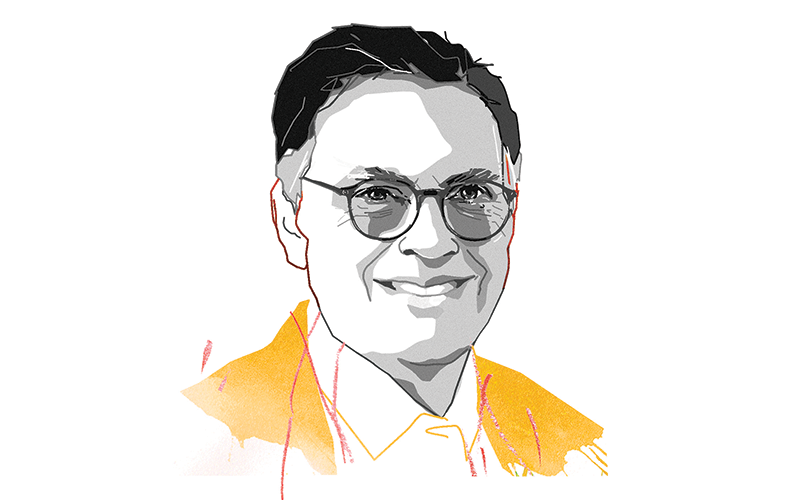
There are bridges, rail networks and more that are routinely described as modern wonders of the world. Yet delivering those projects is hugely challenging; they need careful planning and management, political support as well as long-term financing. Governments around the world are thinking carefully about the future. The US is investing in traditional infrastructure like bridges but also in the low-carbon economy. Others are reducing their balance sheets and ending commitments made before the Covid-19 outbreak.
So it is timely that this special issue on infrastructure explores the challenges of climate change and regeneration, which are being solved in innovative ways. In essence, it is about making the best use of scarce resources to achieve lasting outcomes.
Let’s be clear that meeting the tough net-zero targets is going to be challenging. But what this edition reveals is that there are plenty of people who have accepted the challenge and are making a real difference.
Using finance as a way of changing behaviour or making markets can drive real innovation. Kate McGavin and Helen Williams of the UK Infrastructure Bank reveal that natural capital is one example of this and explain how investing smartly can protect our environment for future generations.
Barking & Dagenham Council is rebuilding its East London community – not only with new housing but by bringing in new industries, including film makers. Council leader Darren Rodwell explains even how small organisations can make big ideas real.
Sir John Armitt has spent his career delivering impressive projects. The chair of the UK’s National Infrastructure Commission sets out how we can decarbonise energy systems by 2025.
Other contributors include PFM managing director June Matte, who explains how a US city has been turned around, and Jonathan Werran of Localis, who urges all of us to get behind citizen-led change as a way of getting things done faster.
There are key themes shared by all our contributors –bringing people together, sharing ideas and not relying simply on what has been done before. That is real innovation, which the public sector can achieve with the right support and encouragement. We can face the future, but we need to be ready, and these essays give us all cause to be optimistic.
Image credit | Paddy-Mills



















